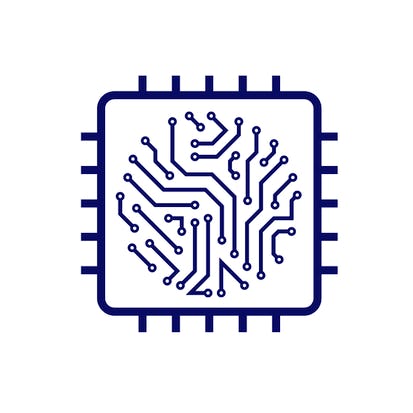- Level Foundation
- المدة
- الطبع بواسطة LearnQuest
-
Offered by

عن
In the AI for Scientific Research specialization, we'll learn how to use AI in scientific situations to discover trends and patterns within datasets. Course 1 teaches a little bit about the Python language as it relates to data science. We'll share some existing libraries to help analyze your datasets. By the end of the course, you'll apply a classification model to predict the presence or absence of heart disease from a patient's health data. Course 2 covers the complete machine learning pipeline, from reading in, cleaning, and transforming data to running basic and advanced machine learning algorithms.In the final project, we'll apply our skills to compare different machine learning models in Python. In Course 3, we will build on our knowledge of basic models and explore more advanced AI techniques. We’ll describe the differences between the two techniques and explore how they differ. Then, we’ll complete a project predicting similarity between health patients using random forests. In Course 4, a capstone project course, we'll compare genome sequences of COVID-19 mutations to identify potential areas a drug therapy can look to target. By the end, you'll be well on your way to discovering ways to combat disease with genome sequencing.Auto Summary
"AI for Scientific Research" is a foundational course in Data Science and AI offered by Coursera. Led by expert instructors, it focuses on applying AI to analyze scientific datasets, uncovering trends and patterns. The course includes Python programming, machine learning pipelines, and advanced AI techniques. Through hands-on projects, learners will predict heart disease, compare machine learning models, and analyze COVID-19 genome sequences. Ideal for beginners, this course is available with a Starter subscription.

Instructors
Sabrina Moore

Instructors
Rajvir Dua

Instructors
Neelesh Tiruviluamala


